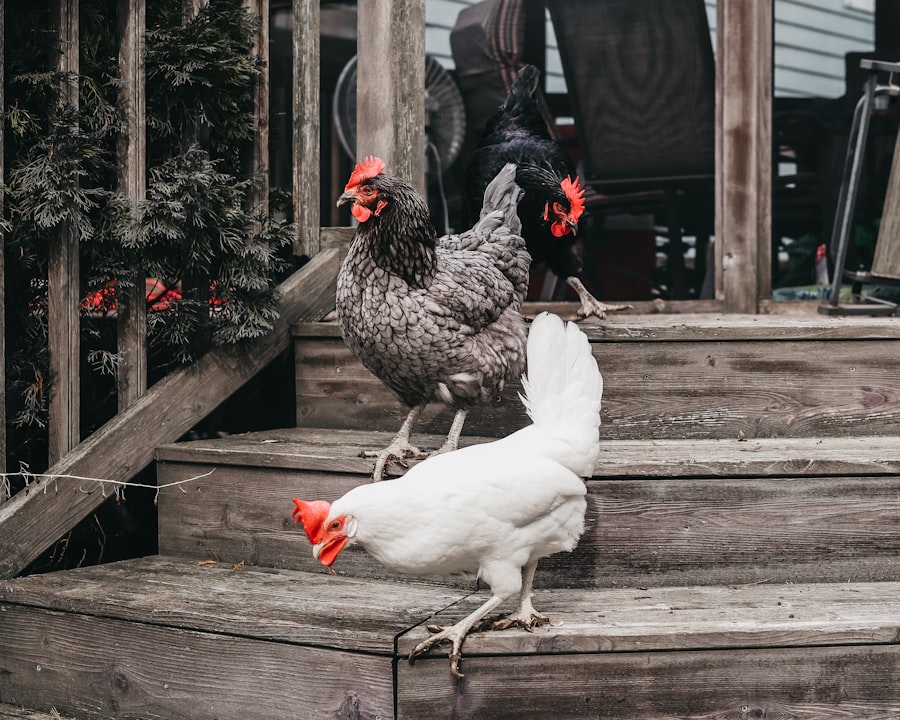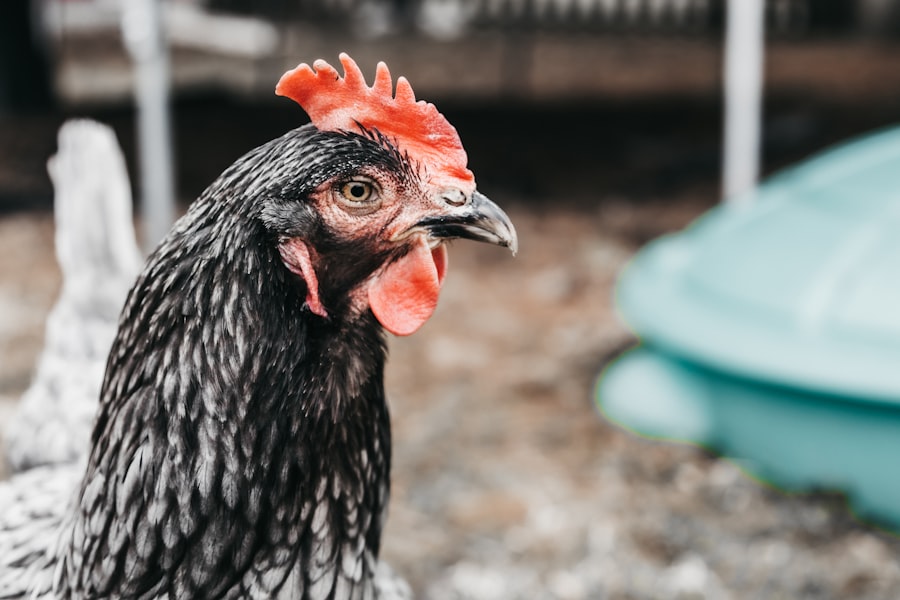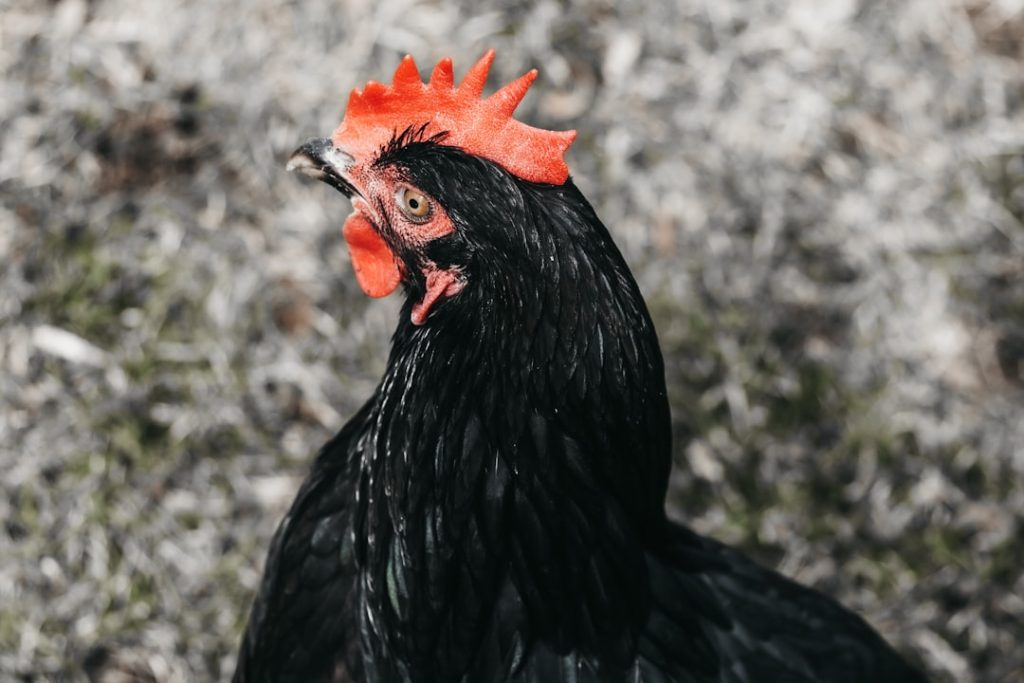Raising chickens is a popular and beneficial activity suitable for individuals across various age groups and living environments. This practice can be pursued in both rural settings with ample space and suburban areas with limited yard size. Chicken-keeping offers multiple advantages, including the production of fresh eggs, companionship as pets, and natural pest control in gardens and yards.
However, prospective chicken owners should thoroughly research and understand the responsibilities associated with caring for these birds before beginning. Important considerations include selecting appropriate chicken breeds, constructing suitable housing, and maintaining the health and well-being of the flock. Proper preparation and knowledge are essential for successfully integrating chickens into one’s lifestyle and property.
Table of Contents
- 1 Choosing the Right Breed for Your Needs
- 2 Setting Up the Perfect Chicken Coop
- 3 Feeding and Nutrition for Healthy Chickens
- 4 Health and Wellness for Your Flock
- 5 Egg Production and Care
- 6 Troubleshooting Common Chicken-Keeping Issues
- 7 FAQs
- 7.1 What are the basic requirements for keeping chickens?
- 7.2 What should be included in a chicken’s diet?
- 7.3 How do you keep chickens healthy?
- 7.4 What are some common health issues in chickens?
- 7.5 How do you protect chickens from predators?
- 7.6 What are the different breeds of chickens and their characteristics?
- 7.7 How do you care for baby chicks?
Key Takeaways
- Keeping chickens can be a rewarding and enjoyable hobby for anyone with a bit of outdoor space.
- When choosing a breed, consider factors such as egg production, temperament, and climate adaptability.
- A well-designed chicken coop is essential for providing a safe and comfortable environment for your flock.
- A balanced diet with access to fresh water is crucial for maintaining the health and productivity of your chickens.
- Regular health checks, proper hygiene, and disease prevention are key to keeping your flock happy and healthy.
Choosing the Right Breed for Your Needs
Defining Your Purpose
First, think about the primary purpose of keeping chickens. Are you primarily interested in egg production, meat, or simply having them as pets? Different breeds are known for their egg-laying abilities, while others are bred specifically for meat production.
Breed Characteristics
Some breeds are also known for their friendly and docile nature, making them great for families with children. Additionally, consider the climate and environment in which you live. Some breeds are better suited for cold weather, while others thrive in warmer climates.
Research and Selection
It’s important to do thorough research on different breeds and their specific characteristics before making a decision. Whether you choose Rhode Island Reds for their prolific egg-laying abilities or Orpingtons for their gentle nature, selecting the right breed is crucial for a successful chicken-keeping experience.
Setting Up the Perfect Chicken Coop

Creating a safe and comfortable living space for your chickens is essential for their health and well-being. When setting up a chicken coop, there are several key factors to consider. First and foremost, the coop should provide ample space for the number of chickens you plan to keep.
Each chicken should have at least 2-3 square feet of space inside the coop, as well as access to an outdoor run for exercise and fresh air. The coop should also be well-ventilated to prevent moisture buildup and ensure good air circulation. Additionally, it’s important to provide nesting boxes for the chickens to lay their eggs, as well as perches for roosting at night.
The coop should be predator-proof, with secure latches and fencing to keep out potential threats such as raccoons, foxes, and birds of prey. Finally, the coop should be kept clean and free of debris to prevent the spread of disease and parasites. By creating a well-designed and secure coop, you can ensure that your chickens have a safe and comfortable home.
Feeding and Nutrition for Healthy Chickens
Proper nutrition is essential for maintaining the health and productivity of your flock. A balanced diet is crucial for egg production, growth, and overall well-being. Chickens require a diet that is high in protein, vitamins, and minerals to support their daily activities and egg-laying capabilities.
A good quality commercial feed is a great foundation for their diet, but it’s also important to supplement with fresh fruits and vegetables, as well as occasional treats such as mealworms or kitchen scraps. Additionally, providing access to grit and oyster shells is important for digestion and calcium absorption, especially for laying hens. It’s also crucial to ensure that your chickens have access to clean, fresh water at all times.
Proper hydration is essential for their health and can impact egg production and overall vitality. By providing a well-balanced diet and ensuring access to clean water, you can help your chickens thrive and lead healthy lives.
Health and Wellness for Your Flock
Maintaining the health and wellness of your flock is a top priority for any chicken keeper. Regular health checks and observation are important for identifying any potential issues early on. Keep an eye out for signs of illness or injury, such as changes in behavior, lethargy, abnormal droppings, or respiratory issues.
It’s also important to establish a relationship with a poultry veterinarian who can provide guidance and care when needed. Preventative measures such as vaccinations and parasite control are also crucial for keeping your flock healthy. Additionally, providing a clean living environment, regular cleaning of the coop, and proper ventilation can help prevent the spread of disease.
Good hygiene practices, such as washing hands after handling chickens or their eggs, can also help reduce the risk of illness for both humans and birds. By prioritizing the health and wellness of your flock, you can ensure that they lead happy and healthy lives.
Egg Production and Care

Nutrition for Optimal Egg Production
To start, ensure your hens have a balanced diet rich in protein and essential nutrients. This will help them produce eggs consistently and of high quality.
A Comfortable Environment for Laying Hens
A comfortable and stress-free environment is also crucial for egg production. Make sure the coop is clean, well-ventilated, and provides adequate nesting boxes for the hens to lay their eggs. Collecting eggs regularly can also encourage hens to continue laying consistently.
Handling and Storing Eggs
It’s important to handle eggs with care to prevent breakage and contamination. Store eggs in a cool place away from direct sunlight and wash them before use if they are soiled. By providing the right conditions and care for your hens, you can enjoy a steady supply of fresh eggs from your flock.
Troubleshooting Common Chicken-Keeping Issues
Despite your best efforts, you may encounter common issues when keeping chickens. One common problem is egg-eating behavior among hens. This can be caused by boredom or lack of calcium in their diet.
Providing enrichment activities such as hanging treats or providing access to a dust bath can help alleviate boredom. Additionally, ensuring that your hens have access to oyster shells or calcium supplements can help prevent egg-eating behavior. Another common issue is feather pecking or aggression among flock members.
This behavior can be caused by overcrowding, boredom, or nutritional deficiencies. Providing ample space in the coop, enrichment activities, and a balanced diet can help reduce aggression among flock members. Parasites such as mites or lice can also be a concern for chicken keepers.
Regularly inspecting your flock for signs of parasites and providing regular dust baths or treatment can help prevent infestations. By being proactive and addressing common issues as they arise, you can ensure a happy and healthy flock. In conclusion, keeping chickens can be a fulfilling and enjoyable experience when done with care and consideration.
From choosing the right breed to providing a comfortable living environment and ensuring proper nutrition and health care, there are many factors to consider when keeping chickens. By prioritizing the well-being of your flock and addressing common issues as they arise, you can create a happy and healthy home for your feathered friends. Whether you’re interested in fresh eggs, pest control, or simply enjoying the company of these charming birds, keeping chickens can be a rewarding endeavor for anyone willing to take on the responsibility.
If you’re looking for more ideas on how to set up the interior of your chicken coop, check out this article on chicken coop interior ideas. It provides helpful tips and inspiration for creating a comfortable and functional living space for your feathered friends.
FAQs
What are the basic requirements for keeping chickens?
Chickens require a secure and spacious coop, access to fresh water, a balanced diet, and protection from predators. They also need space to roam and scratch for food.
What should be included in a chicken’s diet?
A chicken’s diet should include a balanced feed that provides essential nutrients, as well as access to fresh water and occasional treats such as fruits and vegetables.
How do you keep chickens healthy?
Keeping chickens healthy involves providing a clean and well-ventilated coop, regular access to fresh water, a balanced diet, and regular health checks for signs of illness.
What are some common health issues in chickens?
Common health issues in chickens include respiratory infections, parasites, and egg-laying problems. It’s important to monitor chickens for signs of illness and seek veterinary care when needed.
How do you protect chickens from predators?
To protect chickens from predators, it’s important to secure the coop with sturdy fencing, lock the coop at night, and use deterrents such as motion-activated lights or sound devices.
What are the different breeds of chickens and their characteristics?
There are many different breeds of chickens, each with its own characteristics such as egg-laying ability, temperament, and appearance. Some popular breeds include the Rhode Island Red, Leghorn, and Plymouth Rock.
How do you care for baby chicks?
Caring for baby chicks involves providing a warm and draft-free brooder, a balanced chick starter feed, and access to clean water. It’s important to monitor their health and provide proper nutrition for growth.
Meet Walter, the feathered-friend fanatic of Florida! Nestled in the sunshine state, Walter struts through life with his feathered companions, clucking his way to happiness. With a coop that’s fancier than a five-star hotel, he’s the Don Juan of the chicken world. When he’s not teaching his hens to do the cha-cha, you’ll find him in a heated debate with his prized rooster, Sir Clucks-a-Lot. Walter’s poultry passion is no yolk; he’s the sunny-side-up guy you never knew you needed in your flock of friends!







